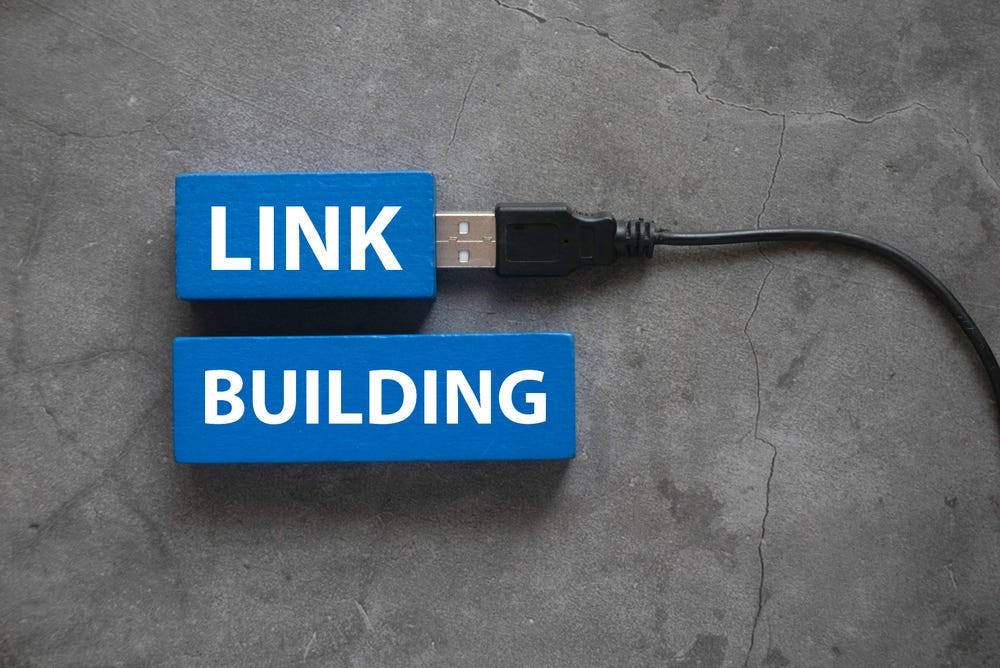Backlinks can be a real ballbuster for new sites.
No backlinks = no authority and no traffic.
No traffic = no one sees your content. So you have no backlinks.
Well, this blog post isn’t a way out of that cycle. For that, you’re still left with some good old outreach and marketing.
And as those methods start taking ahold and your domain starts building authority, why not include some link bait on the site too?
Put simply: link bait is something built with the intent of being linked to, thus earning backlinks. They won’t earn backlinks from scratch on their own, but will compound the effect of traffic as it starts increasing.
Let’s take a look.
5 kinds of link bait
#1. Data and research
Ideally, original data.
Doesn’t have to be; depends what kind of reach you have to do your own studies. If you round up the best data from other places and collate them in one trustworthy place, you have a link bait piece. People are always looking for trustworthy sources of statistics and other numbers to make their own claims.
Yes, people could go around and do the research themselves, but if your piece is right there, why bother?
#2. Tools and calculators
These are web pages with interactive tools which people might send to each other or share. Imagine:
Macronutrient calculators on fitness sites
Salary-to-tax calculators
Travel checklists
Embeddable widgets
…etcetera.
Heck — for my band’s website, I’m going to build a setlist calculator. Input your party parameters (the amounts of cheese/jazz/rock) and it suggests a setlist for you.
Bonus points if it’s perma-linkable.
#3. Pillar pages
This one’s similar to #1, but it’s content-focused rather than just data.
Think:
Ultimate guides to anything
Glossaries (such as the SEO glossary on this site)
Step-by-step frameworks
Curated lists
#4. Contrarian content
On social media, we call it rage bait.
For getting engagement? It works. It’s the same on websites and blogs, only without the automatic distribution engine.
And yep — I’m fully in favour of debunking myths and hot takes (with backing evidence) for the sake of backlinks and engagement.
Just don’t be controversial for the sake of it. It still pays to be authentic.
#5. Ego bait
This is sharing and commenting on opinions of thought leaders.
People love being recognised as experts and leaders, so they’ll link to you if it makes them look good. Of course, you could do the opposite and provoke someone in the attempt at getting a backlink, but you’d better make sure you can back up what you’re saying.
Expert roundups
Rankings / awards — because when you give someone award, they should care dammit
Interviews. People love being featured.
Similar to the last point, I’m fully in favour of disagreeing with people, even in the search for backlinks.
Just make sure you can back up any claims you make, and don’t provoke for the sake of it.
Remember — if you want to get your SEO strategy in place, you can also work with me!


